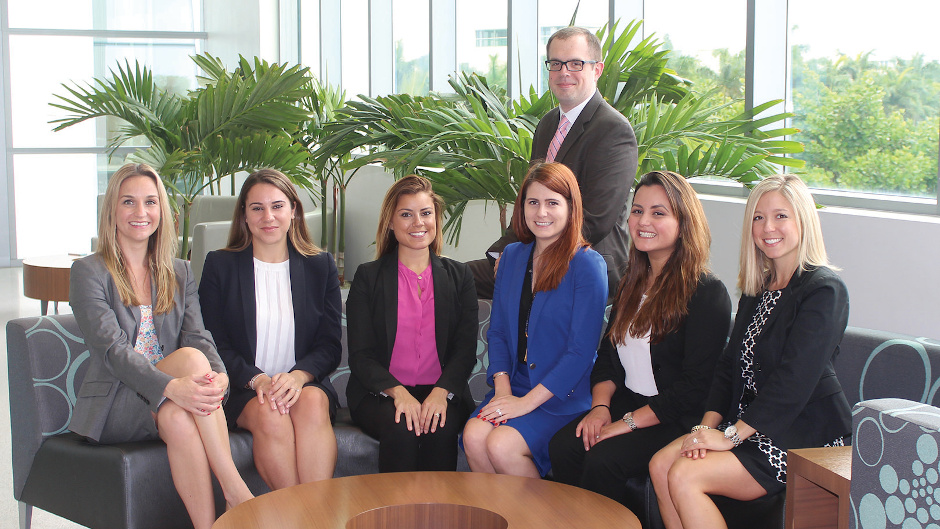Part 1:
Responding to the dire need for legal representation of unaccompanied immigrant children, students in the Immigration Clinic have, since the Fall, assisted several unaccompanied immigrant children in obtaining the documentation necessary to apply for lawful permanent residence in the United States. The children were escaping violence, abandonment, and neglect in their home countries.
In one case, the Clinic’s 17-year-old client was abandoned by both of her parents in Honduras and was raised by an elderly relative. When the relative became too sick to care for the child, the child’s father brought her to the U. S. to help care for her younger half-siblings. The child’s father failed to enroll her in school and then abandoned her again shortly after she arrived in the U.S.
Lindsay Macdonald, a 3L and Clinic student fellow, litigated the child’s dependency case in Broward County Circuit Court. “The case was quite difficult because the father contested the dependency petition even though he truly did not have any relationship with his daughter,” Macdonald said. “The deposition I took of the father turned out to be a pivotal point in the case because it led to the father changing his mind about contesting the petition.”
As a result, Macdonald ultimately obtained an order declaring the child dependent on the State of Florida on account of neglect and abandonment by her parents. Under federal immigration law, the state court order makes the child eligible for a green card, and the Clinic is currently assisting the child to apply. The client now resides with an adult cousin and attends high school with her cousin’s daughter.
Over the past several years, children from Honduras, Guatemala, and El Salvador have been fleeing to the U.S. in record numbers. Over 5,000 of them have settled in Florida and face immigration court proceedings without the right to counsel at the government’s expense. Many of these vulnerable children are eligible for either asylum or protection as dependent children who have been abused, abandoned, or neglected.
Former Clinic student Rina Urias-Brizuela, a 3L, also obtained dependency orders last fall for two Guatemalan half-siblings who were abandoned by their fathers and were then physically and psychologically abused by a series of caregivers. The case was particularly difficult because the children were living with their mother in the U.S., and the Clinic sought adjudications of dependency based on the fathers’ abandonment and neglect only.
“Working with the children was the most challenging and rewarding venture I took on during law school,” said Urias-Brizuela. “It was different from the previous two years of law school, which I spent arguing about hypothetical situations. These were two real children who needed a solution.”
Amanda Parra Criste, a 3L, and Michelle Abeckjerr, a 2L, took over the siblings’ case when Rina left the clinic after the fall semester. Criste has a particular passion for working with children.
“It has been a real-life exercise in professional responsibility,” said Criste. “When working with a young client it's often easier, and faster, to usurp the decision making. But throughout the semester, I have found that patience and education ultimately empowers the client to make the best decision.”
The student pair is now working on the case of a 17-year-old who escaped years of brutal domestic and gang violence and abject poverty in Guatemala. “I remember the first day my client walked into the Clinic office, barely willing to introduce himself,” Abeckjerr said. “I was the first one he spoke to in the U.S. about the abuse that he had suffered. While his journey is not over, I am proud to have been able to have a positive impact on his new start here."
The Immigration Clinic is part of Miami Law’s Clinical Program in which second and third year students represent clients and work on advocacy projects under the supervision of faculty members.
Read Part 2: Immigration Clinic Helps Unaccompanied Border Children

